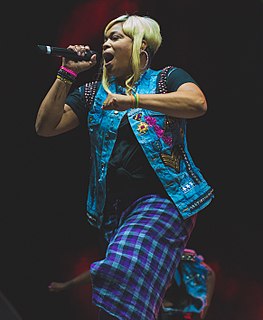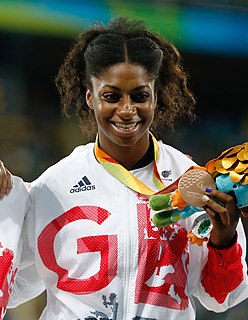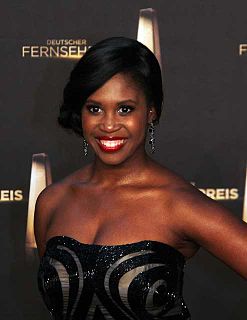A Quote by Tessanne Chin
Being born in Jamaica, race was never an issue. It was always about the type of person I wanted to be, not the colour of my skin.
Related Quotes
The fact is that, once you are the person - and Ms.[Hillary] Clinton is the person who injected this type of commentary [bigot] into this race [2016] - once you inject that type of commentary into this race, you can't then sit back and start complaining about it or have some of your handmaidens in the media complain about it.
When I was a kid, politicians wanted to avoid talking about religion if they could. John F. Kennedy couldn't duck the issue, being Catholic and all. So how did he address it? By reminding Americans that religion shouldn't be an issue, that he was concentrating on big things like poverty and hunger and leading the space race.
[Malcolm Fraser] went straight from Melbourne Grammar to Oxford. And he would have been a very lonely person, and I think he probably met a lot of black students there who were also probably lonely. I think he formed friendships with them, which established his judgement about the question of colour. That’s my theory. I don’t know whether it’s right or not, but that’s what I always respected about Malcolm. He was absolutely, totally impeccable on the question of race and colour.



































